#CSJoseph
Explore tagged Tumblr posts
Text
Csjoseph's INFP content is really insightful and definitely worth checking out on youtube.
Some unique content includes:
INFP's Virtue and Vice (Loyalty vs Treachery)
INFP's cognitive origin of authority and need for validation.
INFP's brilliance and how to get there
INFP's four sides of their mind.
INFP's social compatibility
INFP's life advice (different kinds)
INFP's vs ENFPs or vs INFJs or vs ISFPs or vs INTPs.
All allow you to fully understand the hard truths of our type and what we are made to do. Dive in, give him a chance, you won't regret it.

3 notes
·
View notes
Text

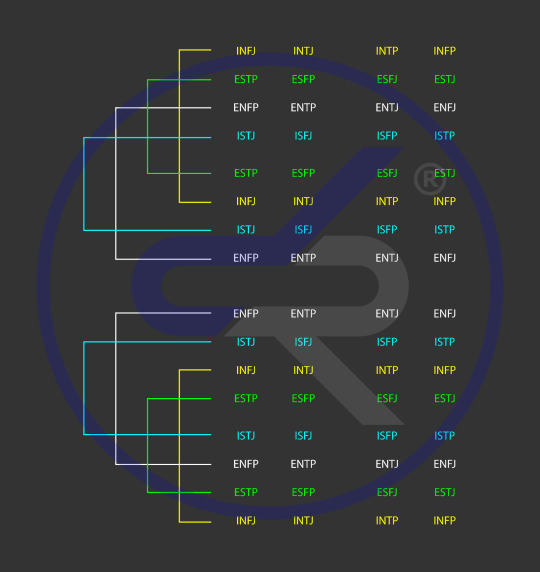
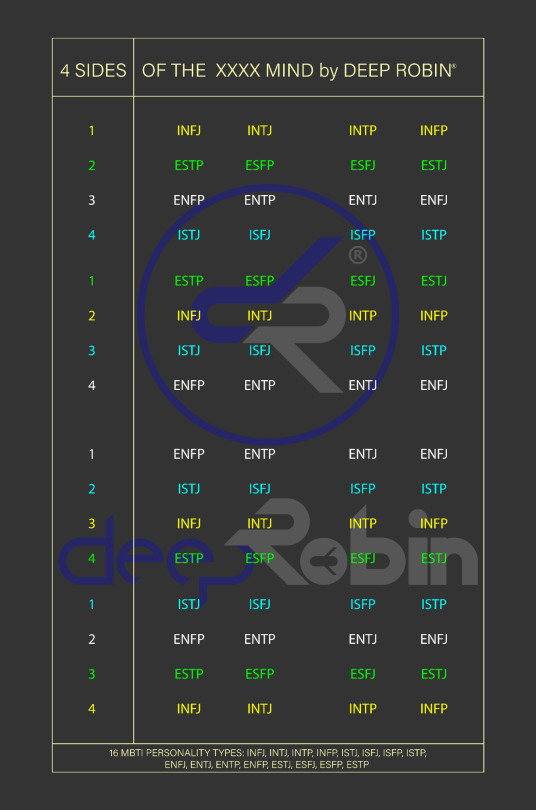
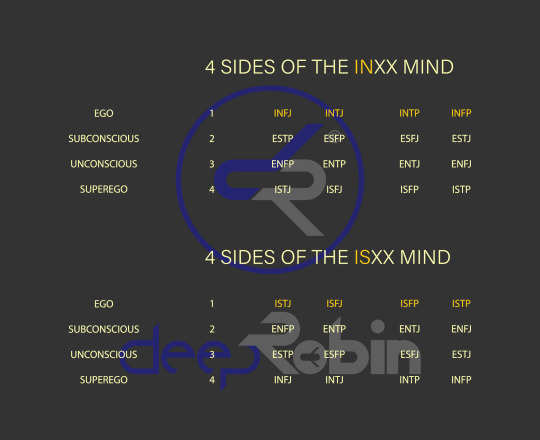
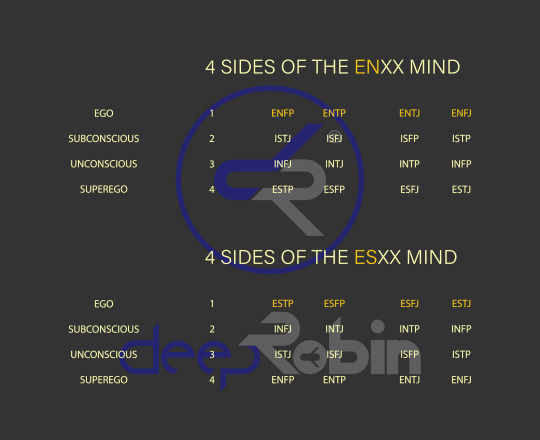
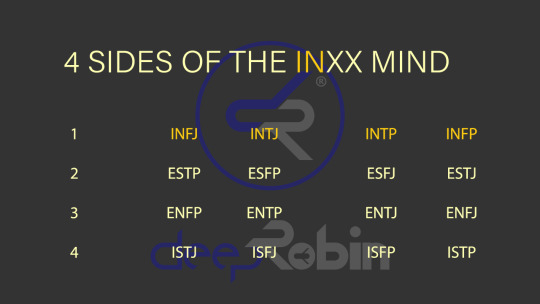
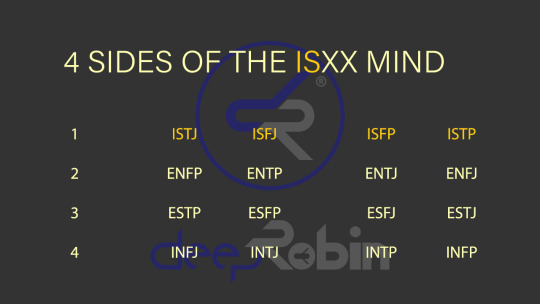
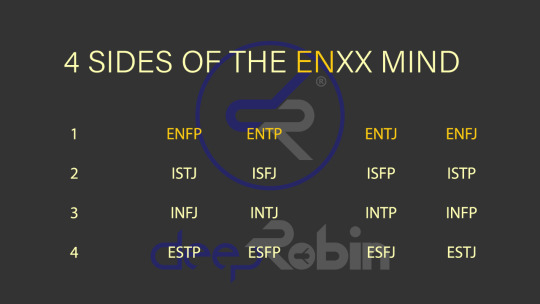
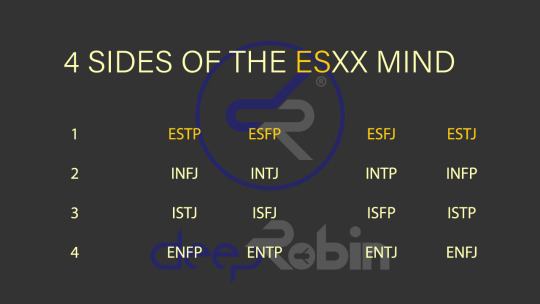
Patterns of MBTI 16 Personality Types using 4 Sides of the Mind Concept of C.S. Joseph
#mbti#mbti personalities#mbti patterns#mbti mystery#brain#cognitive process#intuition#CSJoseph#4sidesofthemind
1 note
·
View note
Video
Adventures Of An INTJ -- Intro To Cognitive Functions and Sides Of The M...
Finally got my next video out. It’s part of a series new series I’m making that places heavy emphasis on Jungian Depth Psychology and how it can be applied to life and writing.
#autumn#grayson#creatureofgraphite#csjoseph#lindaberens#johnbeebe#jungian#depth#analytical#psychology#cognitive#functions#sides#mind#writing#story
5 notes
·
View notes
Note
I get most of my info from CSJoseph-- he has a blog and a Youtube channel. BUT it can be daunting for beginners (because he's a bit scattered with his presentation, lol, and seems a bit harsh until you realize the intent behind his approach. Works for me!)
Here's his grid for a quick cut-the-fat-out chart:
https://udjaassets.blob.core.windows.net/pdf/Companion Guide 2nd Edition.pdf
And here's his breakdown of each Cognitive Function-- Hero, Parent, Child, Inferior, Nemesis, Critic, Trickster, and Demon: What Is The Cognitive Attitude Of The Hero Function? | Cognitive Functions | CS Joseph - YouTube
And here's his vid on why the MBTI system is inaccurate: What's The Problem With MBTI Tests? Is the MBTI Accurate? | CS Joseph - YouTube
Hope this isn't overwhelming! :DDDDDDDD
Oooh thank you so much! Ngl I expect this will send me into a deep dive, thank you for handing me the shovel to get started 😂 it was so interesting what you wrote in the post I can't wait to hear your thoughts on future parts
9 notes
·
View notes